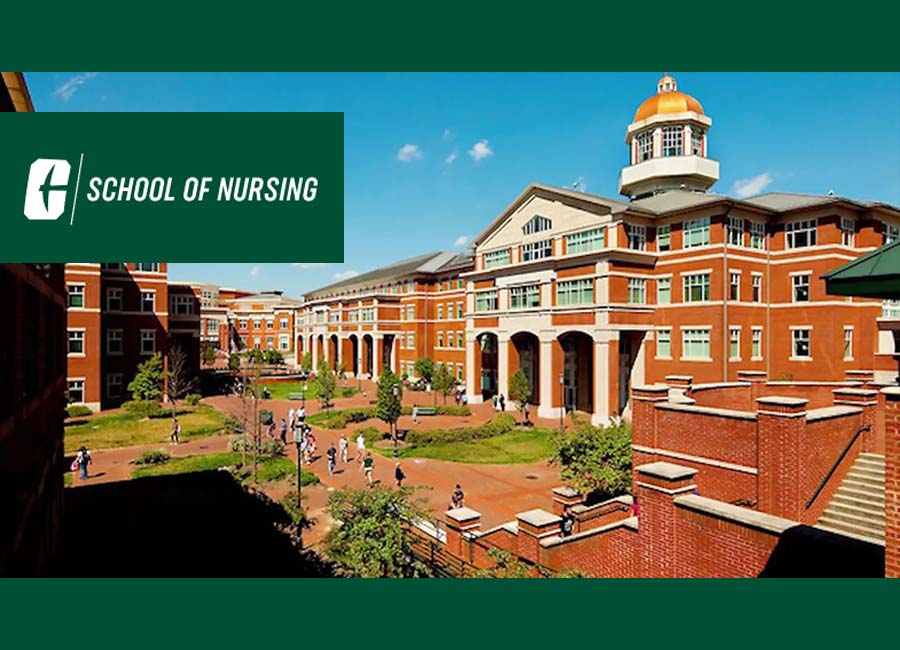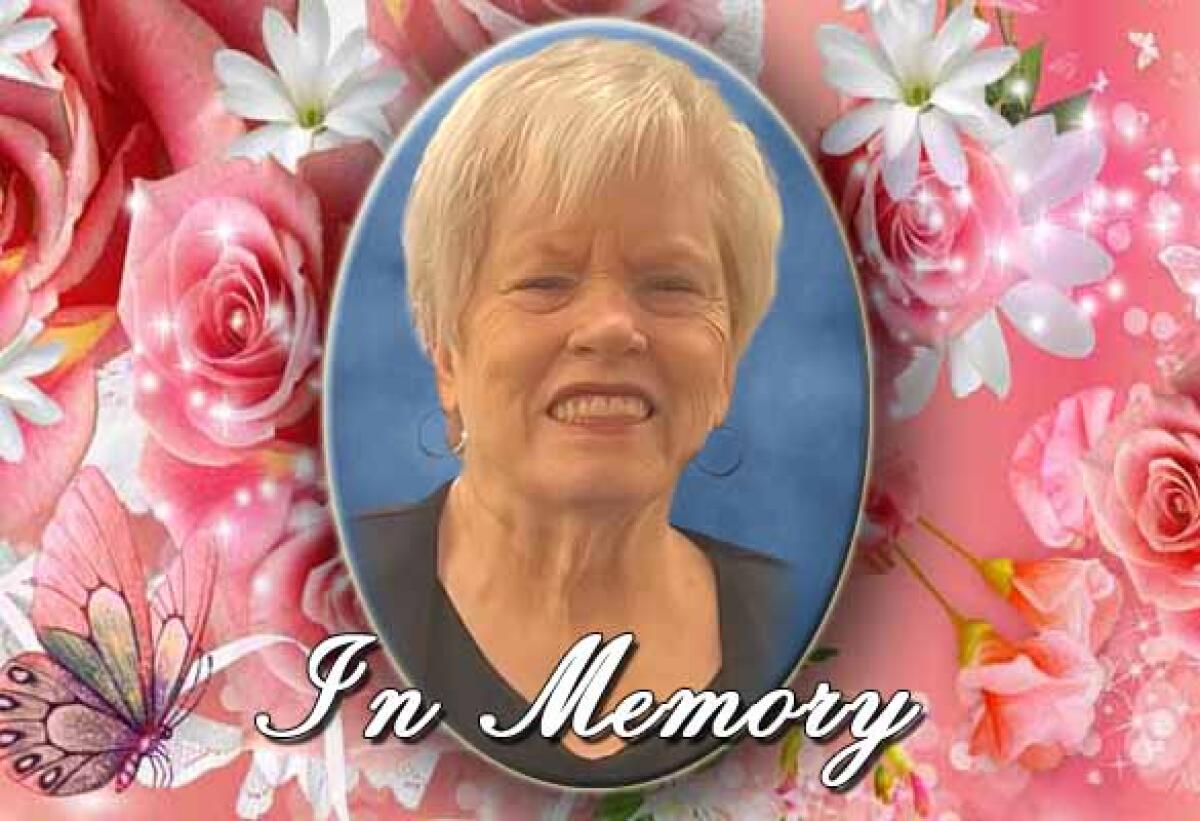- Monday, 26 January 2026
- Have a HOT TIP? Call 704-276-6587 or E-mail us At LH@LincolnHerald.com
UNCC Nursing School Gets Special Funding
One of 12 such universities benefitting from dedicated funds

CHARLOTTE––The University of North Carolina at Charlotte’s nursing school will soon benefit from dedicated funds.
UNCC is among 12 UNC System public universities to receive dedicated funding to address North Carolina’s nursing work force shortage. The recently distributed UNC System grants, funded by the General Assembly as part of last year’s state budget, are designed to help public universities produce more nursing graduates.
Prof. Susan McLennon, the university’s director of student nursing, recently said that UNCC’s grant allotment of $2.4 million will expand the number of nursing students in the school’s undergraduate and graduate nursing admissions programs. The UNC System awarded nearly $29 million to public institutions and the North Carolina Health Education Center.
At UNCC, plans are ongoing to create an accelerated bachelor of science in nursing program, which will enroll up to 32 students with previous undergraduate or associate degrees starting each fall. Courses will be delivered across four consecutive semesters. The school of nursing will continue to offer a traditional pre-licensure undergraduate BSN program, as McLennon informed.
“We anticipate a 60 percent increase in pre-licensure student admission, enrollment, retention and graduation of BSN students by 2027,” she said, “by deploying the traditional and accelerated undergraduate programs.”
To support higher enrollment, the school will hire five new faculty members and an academic support adviser to assist students with instructional needs. McLennon added that the funding will enable the school to increase admissions to its master of science in nursing, with a concentration in family nurse practitioners across the lifespan program from 24 to 32 annually.
“Funding also will enhance our simulation laboratory that educates nurses using advanced technologies, including virtual reality and other simulation equipment and staff,” she said. “These additions are congruent with national recommendations that call for increased use of technology to ensure high-quality educational practices.”
Every UNCC nursing student who completed bachelor’s degrees in December passed the National Council Licensure Examination on the first attempt.
“Achieving a 100-percent pass rate demonstrates not only the caliber of our nursing program and faculty but also the dedication of the graduates to excel in the profession,” said McLennon.
The UNC System called the General Assembly’s funding a groundbreaking response to the alarming drop in nursing professionals. Research indicates the state will experience a shortage of up to 18,600 registered nurses over the next decade, which represents a major challenge for health-care providers and an aging patient population.

 Lincoln Herald Staff
Lincoln Herald Staff












